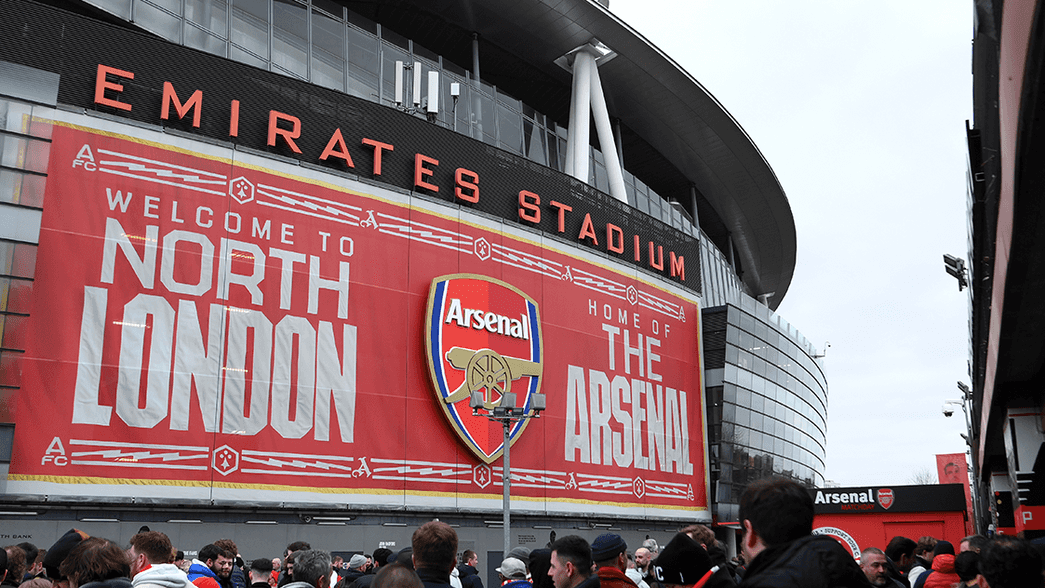The atmosphere at Emirates Stadium has been sensational this season – an atmosphere sorely missed not so long ago during the Covid pandemic. But one thing that hasn’t been missed is the amount of waste we produce on a matchday.
When 60,000 fans attend the stadium, we will be left with nearly 12 tonnes of waste. This waste comes in many shapes and sizes and covers lots of different types of material, some recyclable, some not.
The reusable cup that Camden Town Brewery and ourselves introduced at Emirates Stadium has had a really positive impact on the waste from a matchday by taking 20,000 single-use plastic cups out. But there are still many items that need to be dealt with.
Just as the game is kicking off, cleaners from our cleaning contractor, Atlas, are already hard at work in the concourse and bar areas. Instead of just sweeping everything up into one big bin bag, they will do what is known in the industry as a ‘positive pick’.
This is when recyclable items are separated from the general waste. They remove all the plastic bottles of soft drinks, beers and cider and keep them separate from the other waste streams. By doing this, we are able to give our waste contractor, Veolia, good clean material which can then go to recycling and reprocessing. The reusable beer cup collection bins are also emptied if necessary. This process is repeated during the second half as well, making sure the concourse is clean and tidy, whilst collecting and sorting all the recyclable material.
After the game, the cleaners will again go through the stadium picking the recyclable items out of the general waste. But even then, we still aren’t finished. All the bins around the stadium are full of all sorts of waste and we want to get all the recyclable material out before it gets taken off-site. These bins are taken into the waste management area of the stadium car park and the real work begins.
Every bag is opened and emptied onto a purpose-built table and painstakingly sorted into different categories. Plastic, glass, reusable cups and cardboard are all taken out and put into different bins. What is left, which isn’t much, is then put into the general waste compactor, where it will be sent for waste to energy. All the cups are placed into any remaining cup collection bins ready for their journey to Dagenham for washing.
All the other items are baled and stored ready to be removed from the site by Veolia to their various processing plants, all within the M25, making sure the waste is travelling no further than absolutely necessary.
There are lots of other waste streams that we deal with - food and grass being two of them. As you can imagine, the playing surfaces, not just at Emirates Stadium, but at the training ground at London Colney and Hale End, all require lots of love and endless cutting.
The grass from Hale End and Emirates Stadium is taken for composting, while the grass from the training ground is spread on a field. Food is taken for anaerobic digestion, meaning as it decomposes, the gas is collected and used to create electricity.
Copyright 2024 The Arsenal Football Club Limited. Permission to use quotations from this article is granted subject to appropriate credit being given to www.arsenal.com as the source.










